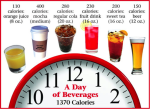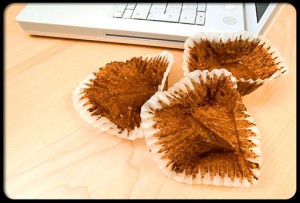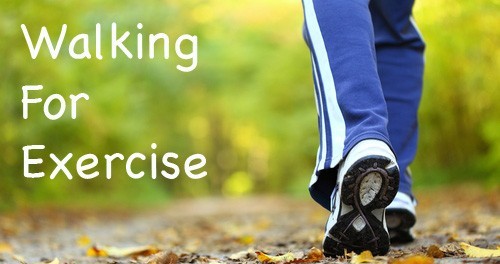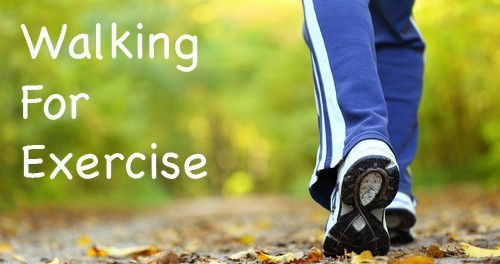Walk Talk Series
Day 55 – How to Avoid Diet Mistakes
Affirmation of the Day
I believe something wonderful is going to happen to me today!
 Today’s Walk Health/Recovery Walk:
Today’s Walk Health/Recovery Walk:
- 45-75 minute walk in the healthy heart zone 50-60% of your maximum heart rate.
- Warm up with 5 minutes at a very easy pace
- Find a safe spot with a wall or pole to do a 5 minute easy stretching routine
- Now resume your walk at a comfortable pace
- End with 5 minutes of gentle stretching
Diet Mistakes Can Influence Weight
Simple diet mistakes can derail your best efforts to get back into that favorite pair of jeans. If the scale seems stuck, or your weight drops off only to bounce back up, there’s a chance you could be making one of these weight loss blunders.
Skipping Breakfast
Skipping breakfast seems like a simple way to cut calories, but the result can be insatiable hunger the rest of the day. This may lead to unplanned snacking at the office and eating a super-size portion at lunch, making calorie counts soars. But breakfasts that are high in protein and fiber can reduce hunger throughout the day. In fact, studies show people who eat breakfast every morning are more likely to maintain a healthy weight.
 Avoiding Exercise
Avoiding Exercise
When you don’t exercise, you place the entire burden of weight loss on your diet. If you become more active, you can eat more of the things you like — and still lose weight. The key is finding an exercise you enjoy. Spend time at different activities until you find one you want to do on most days.
Drinking Too Little Water
This is one of the simplest diet blunders to fix. Water is essential for burning calories. If you let yourself get dehydrated, your metabolism drags — and that means slower weight loss. Research suggests adults who drink eight or more glasses of water per day burn more calories than those who drink less.
 Sipping Too Many Calories
Sipping Too Many Calories
When counting calories, many of us tend to overlook what’s in our drinks. This is a big mistake when you consider that some fancy coffees and alcoholic beverages have more than 500 calories. Even the calories in fruit juice can add up quickly. What’s worse is that liquid calories don’t curb hunger. You’re not going to eat any less after a high-calorie drink.
Loading Up on Low-Fat
Low-fat products can play an important role in your diet. Just remember that low-fat isn’t the same as low-calorie and it’s not a license to take second and third helpings. If you pile your plate with low-fat cake, you may end up eating more calories than if you had a smaller slice of regular cake. The best way to know how much fat, sugar, and calories you’re getting is to check the nutritional label.
 Losing Track of Your Snacks
Losing Track of Your Snacks
Maybe you count calories meticulously at every meal, but what about all those nibbles in between? There’s the bag of pretzels at your desk, the little slice of cake at an office party, the taste of your son’s ice cream cone. All of this mindless munching adds up and could sabotage an otherwise well-planned diet. If you’re serious about counting calories, you may want to use a notebook to keep track of each bite.
Not Snacking at All
While mindless snacking can pad your waistline, thoughtful snacking may do just the opposite. People who eat several small meals and snacks a day are more likely to control hunger and lose weight. Snacking helps keep your metabolism in high gear, especially if the snacks are protein-rich. Nuts are a good, high-protein choice, and research suggests people who snack on nuts tend to be slimmer than those who don’t.
 Weighing Yourself Every Day
Weighing Yourself Every Day
Weighing yourself daily is a recipe for frustration and doesn’t yield useful information. It’s more important to look for a long-term trend with weekly weigh-ins. If your goal is to lose 1 or 2 pounds a week, you’ll be satisfied to see those full-pound drops when you step on the scale. The result is more motivating that the confusing swings that may accompany daily weigh-ins.



